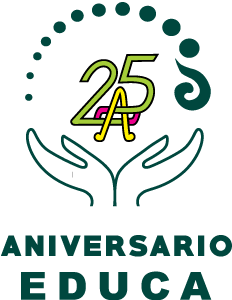
1994 was the year of the uprising. That year we rose up. With the Zapatista rebellion we saw not only the awakening of consciousness of millions of people but also a hope for change in Mexico. For a group of young people who had been doing social work in ecclesial spaces, this uprising also meant organizing and taking alternatives. Political effervescence—combined with citizen participation and the desire of many people to shake off decades of authoritarianism under the Partido Revolucionario Institucional (Institutional Revolutionary Party, PRI)—spread the virus of organization and resistance in countless spheres, including EDUCA.
There is no exact record of EDUCA’s date of birth, but if a numeral had to be marked on the calendar it would be August 21, 1994. To be more precise, that long night during which we learned the overwhelming election results of that year’s presidential race. While we were carrying out electoral observation tasks with the Civic Alliance, our spirits dropped as we watched the same scene of years past play out: the buying of consciences, frightened citizens voting for the state party, and a “revolutionary institutional” flattening machine that broke all attempts at autonomous organization. The PRI candidate Ernesto Zedillo had imposed his victory over the leftist leader Cuauhtémoc Cárdenas, candidate for the National Democratic Front. A few days later the Zapatista spokesman Subcomandante Marcos (now Galeano) declared: “Ernesto Zedillo Ponce de León, welcome to the nightmare,”
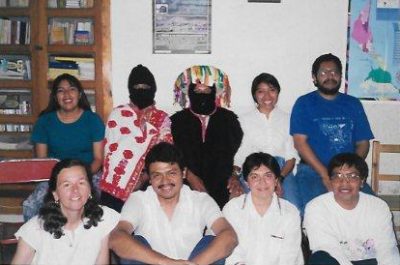
This is how EDUCA emerged, amid electoral disillusionment and yearnings for democratic change “from below.” Those first years were complicated. The country was plunged into a severe economic crisis. The metaphor used to sketch the terrible moment was a map of Mexico held up by pins. In the south of the republic the Ejército Zapatista de Liberación Nacional (Zapatista National Liberation Army, EZLN) became a powerful force, more political than military, demanding that the federal government respect the rights of Indigenous peoples. In Oaxaca, popular organization took on a force of its own with the rise of the Forums of Indigenous, Peasant and Black Reality and debates around community autonomy. Such efforts paved the way for the constitutional recognition of the appointment of Indigenous authorities in Oaxacan municipalities in 1995.
It is the end of the twentieth century. The last years of a century marked by social revolts and Indigenous mobilizations in Latin America. EDUCA participates in different spaces aimed at analysis and the creation of common agendas: the Forum of Civil Organisms of Oaxaca (FOCO), which confronts the onslaught of a law auditing the work of NGOs, as well as the Convergence of Civil Organisms for Democracy, an national initiative pushing for a legal framework that promotes the work of the civil sector. On the local level, EDUCA makes alliances with different organizations to promote trainings directed at communities and Indigenous peoples. At the same time, the government promotes the opening of the market to private investment on a large scale, an initiative that would ultimately affect Indigenous territories. In the social and political field, the Ejército Popular Revolucionario (Popular Revolutionary Army, EPR) emerged. In the midst of this convulsive scenario, repression and military persecution targets the Indigenous people of Oaxaca’s Loxicha micro-region. Processes of social and political violence linked to organized crime have settled in the different regions of Mexico, including in our state.
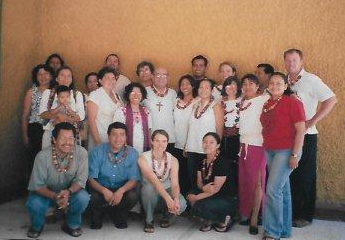 The southern sierra and its rugged geography produce a variety of social and political processes. This region—where the presence of the progressive church is strong and where the formation of pastoral agents and social leaders is promoted—is also where our organization’s work is anchored. For five years we accompanied and contributed to the formation of ecclesial base communities, carried out economic and social projects and supported leaders who struggled to wrest power from caciques, or local power groups. The southern sierra, one of the most impoverished regions that has also been hit by environmental disasters, was an important cradle for the process of EDUCA’s maturation. If we were to go back in time we would say: “All roads lead to the south.”
The southern sierra and its rugged geography produce a variety of social and political processes. This region—where the presence of the progressive church is strong and where the formation of pastoral agents and social leaders is promoted—is also where our organization’s work is anchored. For five years we accompanied and contributed to the formation of ecclesial base communities, carried out economic and social projects and supported leaders who struggled to wrest power from caciques, or local power groups. The southern sierra, one of the most impoverished regions that has also been hit by environmental disasters, was an important cradle for the process of EDUCA’s maturation. If we were to go back in time we would say: “All roads lead to the south.”
A range of themes make up the multicolored fabric of EDUCA’s work: Solidarity Economy, Responsible Consumption, Popular Savings, topics related to society’s economic alternatives. In 2001, EDUCA founded the Network of Community Economies “Guesa”, which connects small economic projects to support them with credits, training and the exchange of their products. In the same way, various training spaces have been created, such as the different schools that have been promoted together with community defenders on topics such as: territorial rights, mega-development projects, popular education, self-determination, popular communication and alternatives to the current model.
At the same time as the alternation of political power in Mexico, the end of the PRI regime, and efforts toward a new federalism, EDUCA dedicates itself to the systematic training of municipal authorities. The Municipal School of Oaxaca was undoubtedly the most important and innovative training project for Indigenous authorities in the state, carried out in collaboration with the organizations: CAMPO, UCIZONI, CESEM, Ñu’u Jii Kandii and Tequio Jurídico. The objective of the School was to strengthen Indigenous institutions and, indirectly, to combat local caciques. Thus, in municipalities that maintain traditional Indigenous forms of self-governance, an electoral observation exercise was carried out to discourage conflicts and avoid the imposition of local power groups. An example of the municipal struggle for the recovery of spaces of local power was Santiago Ixtayutla, a municipality of deep inequalities, but at the same time of great political transformations.
The first social uprising of the 21st century took us by surprise. 2006 was the synthesis of preceding efforts at social change carried out with great spirit but without much forcefulness. The formation of the Asamblea Popular de los Pueblos de Oaxaca (Popular Assembly of the Peoples of Oaxaca, APPO) with the active participation of civil society allowed us to rehearse attempts at non-violent revolution as well as push forward the transformations that we demanded years ago. The Civil Space of Oaxaca put forth a citizen agenda and traced a political path that positioned it publicly. The demands of civil organizations transcended the “fall of the tyrant,” reaching toward a horizon of fundamental changes to the authoritarian and corrupt regime. The aftermath of the brutal repression of social protest in 2006 also gave rise to strengthened social processes. It was the debacle of a PRI regime that did a great deal of damage to Oaxaca. Without a doubt, the regime had cracked.
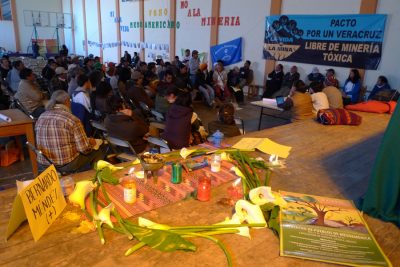 “The time has come to deliver the merchandise; a third of national territory is conceded to private companies.” In this way, Gustavo Esteva synthesized the national dynamic in 2014, after the return of the PRI party to the presidential seat. The “accumulation by dispossession” has reached a climax, with territories granted to mining, wind power and real estate companies, or for the development of hydraulic projects, the construction of highways and the large-scale production of genetically modified corn. This process jolts entire communities, especially in Indigenous regions. In these dark years, the country experiences increasing acts of terror against the population and social movements are forced to resist increasingly ferocious attacks. As a result, we are still missing the 43 disappeared students of Ayotzinapa, we are missing thousands and thousands of disappeared, murdered and exiled people. For EDUCA, the time has come to defend the territories and their own nahuales or caregivers.
“The time has come to deliver the merchandise; a third of national territory is conceded to private companies.” In this way, Gustavo Esteva synthesized the national dynamic in 2014, after the return of the PRI party to the presidential seat. The “accumulation by dispossession” has reached a climax, with territories granted to mining, wind power and real estate companies, or for the development of hydraulic projects, the construction of highways and the large-scale production of genetically modified corn. This process jolts entire communities, especially in Indigenous regions. In these dark years, the country experiences increasing acts of terror against the population and social movements are forced to resist increasingly ferocious attacks. As a result, we are still missing the 43 disappeared students of Ayotzinapa, we are missing thousands and thousands of disappeared, murdered and exiled people. For EDUCA, the time has come to defend the territories and their own nahuales or caregivers.
Advising and accompanying territorial defense movements has become a priority for our organization. As well as denouncing the voracity of corporations and the weakness of the State. The defense of the Río Verde on the Oaxacan coast, as well as the struggle for the protection of regions threatened by mining companies, has led EDUCA to forge ongoing relationships with land defense movements. One emblematic case is the accompaniment of the Consejo de Pueblos Unidos por la Defensa del Río Verde (Council of Peoples United for the Defense of the Green River, COPUDEVER), which resists the construction of a hydroelectric project promoted by Mexico’s Federal Electricity Commission (CFE).
Democracy is slow to come in Oaxaca. Starting in 2010, the political alternation raised a “whirlwind of hope” in the state. But the new government failed to meet these expectations of change. In the end, constitutional reforms, legislative changes and the creation of a social cabinet and new human rights institutions did not mark a categorical difference from previous governments. Old problems persist and combine with new challenges. In 2016, the supposedly alternative regime ended up being an accomplice in the brutal repression against the population of Nochixtlán, in the context of protests against educational reforms. Exactly ten years after 2006 another attempt to forcefully subdue Oaxaca’s social movement was repeated, and again it failed. During these years, EDUCA worked on the construction of a critical and proactive civil society, which is necessary if we are to influence the difficult path of political alternation and transition. This, too, has been an important focus for our organization.
Restoration of the PRI regime. The architect of the infamous “Pact for Mexico” passed the governorship of Oaxaca on to his son, Alejandro Murat Hinojosa. Murat was elected with a minimum of votes, taking advantage of division within opposition parties. And so the PRI regime returned with a younger face but the same old tactics. Conflicts continue to be managed without resolving them thoroughly. The selective repression of social movements increases and impunity prevails across the board. As a result, insecurity and violence continue to deepen throughout the region. EDUCA continues to contribute its grain of salt to the construction of spaces for community resistance and alternatives to dispossession.
Rebellion at the polls, a “fourth transformation” without full rights. The hope of the citizenry, woven from below for two decades, came to federal power. One year after this historic election, analyses of the self-proclaimed “fourth transformation” are critical. Red flags include the deepening of a militarized security model and mega-development projects promoted without full respect for the rights of affected communities. We find ourselves in the midst of a dispute over a new mode of “development”—one that would accept that natural resources are finite and a climate crisis is well under way. Once again, the south is the most disputed geography. At the same time, our northern neighbor is experimenting with new ways of imposing barbaric policies on Mexico against our migrant brothers and sisters. EDUCA accompanies this “transformation” without removing its gaze from critical points, such the right to truth, the impunity of state crimes and the lack of guaranteed protection for rights in today’s Mexico.
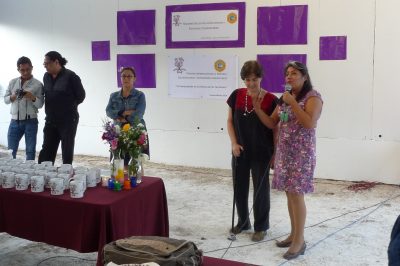
EDUCA’s trajectory is to a large extent shaped by the networks and collective spaces in which it has participated. Initially, with the rise of popular education, a relationship was established with the Consejo de Educación Popular de América Latina y El Caribe (Council for Popular Education in Latin America and the Caribbean, CEAAL). The Red Ciudadana Municipalista (Municipal Citizen Network) played a fundamental role in efforts to strengthen Indigenous municipalities. At the level of Latin American civil society, we formed a relationship with the Latin American Association of Organizations for the Promotion of Development (ALOP). The experience of Poder Ciudadano (Citizen Power) stands out in the struggle for democracy. More recently, in our labor in defense of the territory we’ve joined forces with the Movimiento Mexicano de Afectados por las Presas y en Defensa de los Ríos (Mexican Movement of People Affected by Dams and in Defense of Rivers, MAPDER), and with the communities of COPUDEVER that have successfully defended the Río Verde on the coast of Oaxaca. The Red Mexicana de Afectados por la Minería (Mexican Network of People Affected by Mining, REMA) is another key ally in the struggle against extractive projects. At the state level, a strategic space continues to be the Colectivo Oaxaqueño en Defensa de los Territorios (Oaxacan Territorial Defense Collective), as well as the Red de Defensores y Defensoras Comunitarias de los Pueblos de Oaxaca (Network of Community Defenders of Oaxaca, REDECOM). Currently, we are building relationship, projects and hope across Mesoamerica: the Red Mesoamericana de Educación Popular – Red Alforja (Mesoamerican Network of Popular Education), the Movimiento Mesoamericano Alternativas Populares al Capitalismo (Mesoamerican Movement Popular Alternatives to Capitalism, MAPCA), and the Red Latinoamericana contra las Presas (Latin American Network against Dams, REDLAR) are witnesses to this. Another source of strength has been collaboration with academic and university sectors. In addition, we are joined by international organizations such as Servicio Internacional para la Paz (International Service for Peace, SIPAZ) and Brigadas Internacionales para la Paz (Peace Brigades International, PBI).
This is a brief account of EDUCA’s history. A photograph of that plot of land where we sow social processes and cultivate social change. It is difficult to frame in a few words all of the richness with which so many communities, organizations and people have nourished us. EDUCA’s formation has been a collective process, in which many compañeros and compañeras have intervened with their contribution and testimony. We must also recognize that this work would not have been possible without the solidarity and support of donors, foundations and individuals who have trusted and believed in our project. We thank all of them for their feedback, collaboration and solidarity.
Twenty-five years ago we stood up to create a reason for our hope. Today we continue with that firm conviction. It is true that 25 years is barely a heartbeat, but at the same time it can also be an abundant life of struggle.
July 1, 2019, Oaxaca de Juárez
Servicios para una Educación Alternativa A.C. EDUCA
![]()
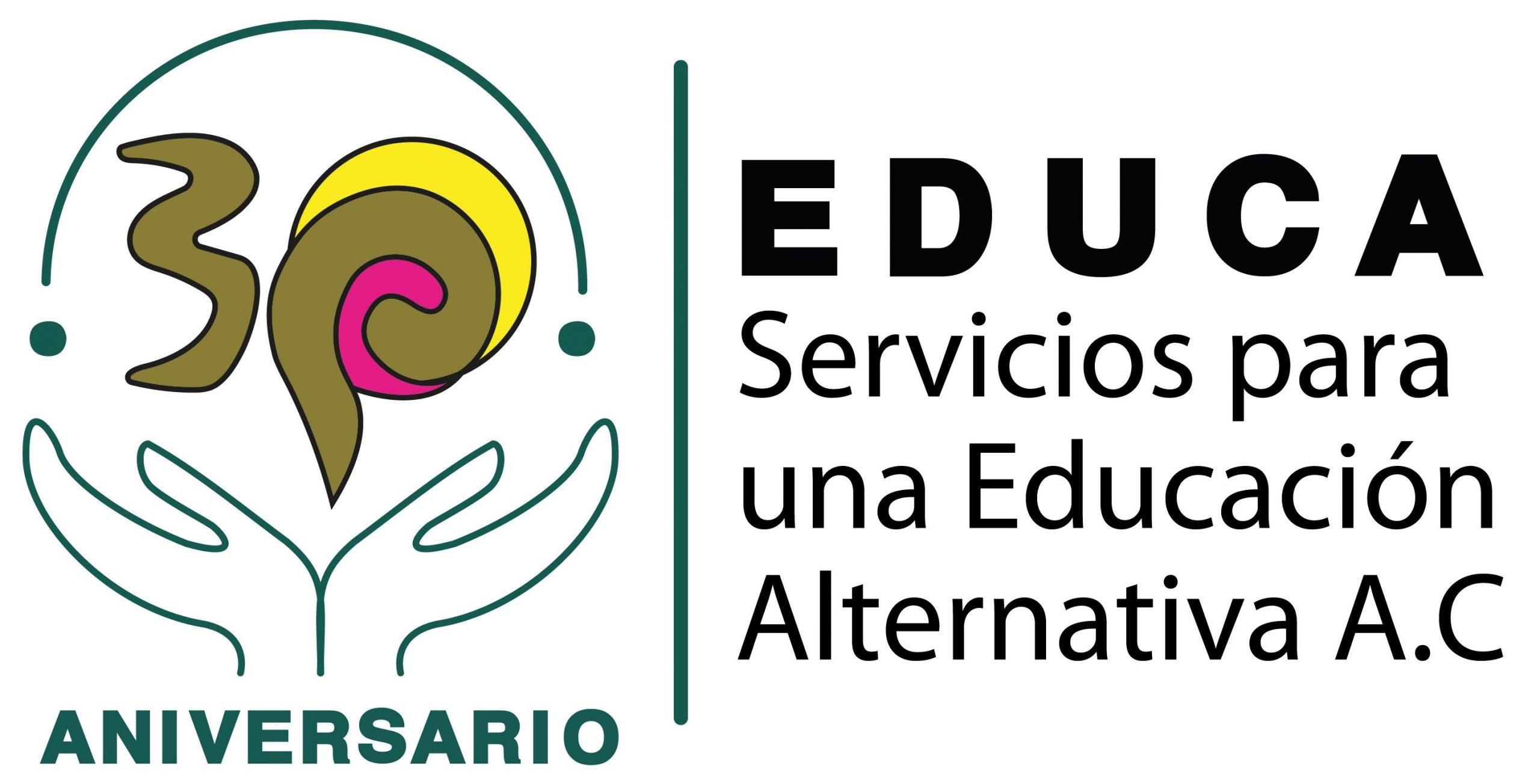


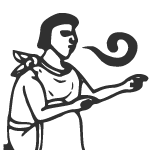



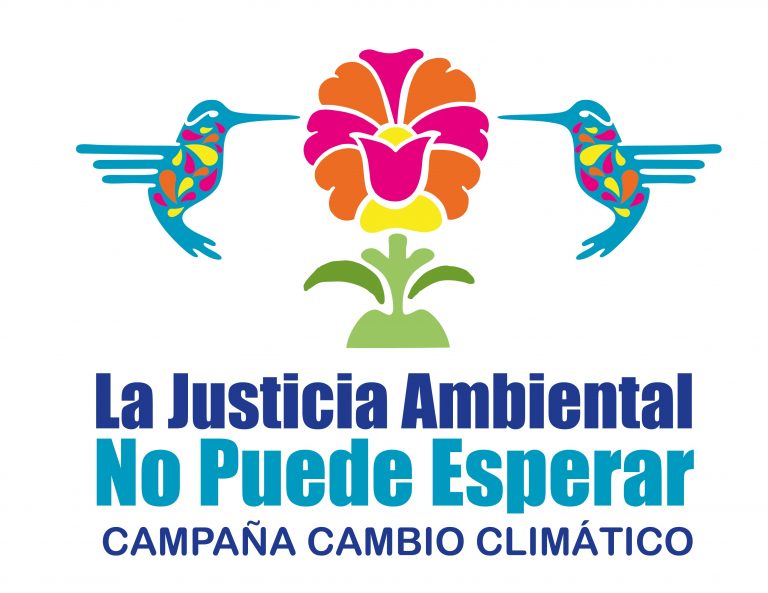
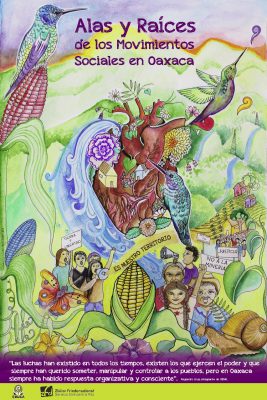
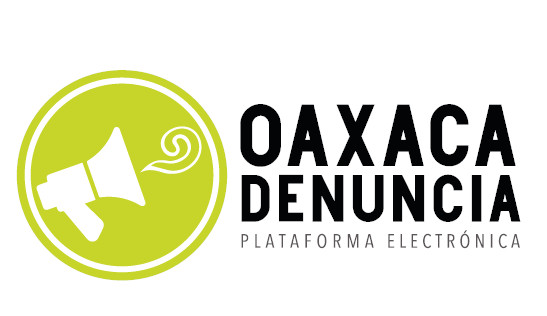
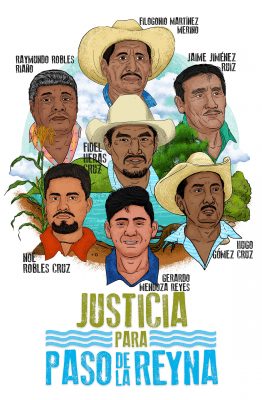

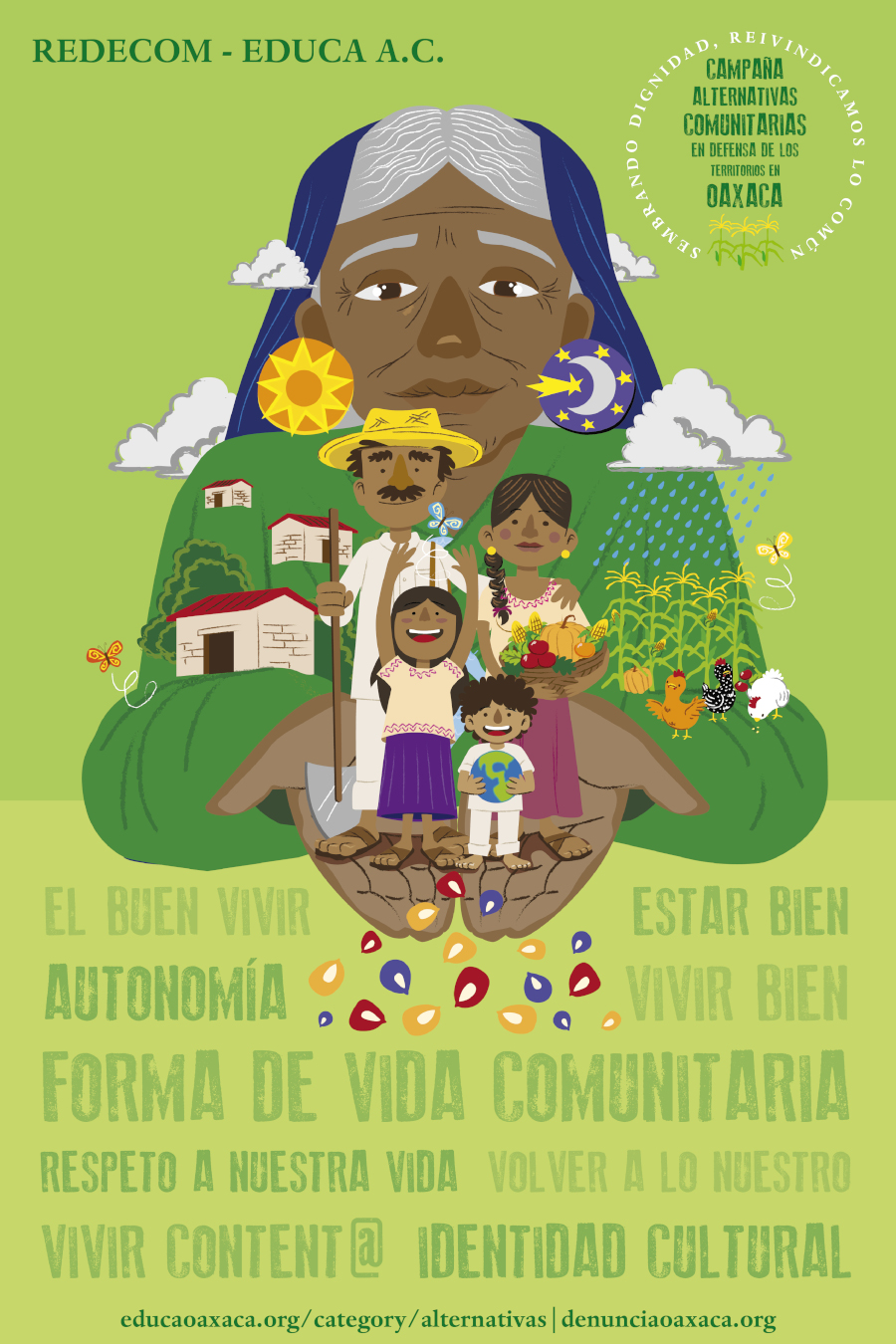
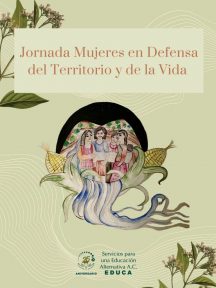
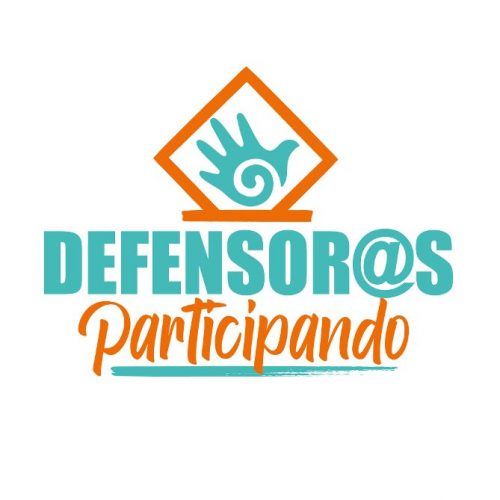
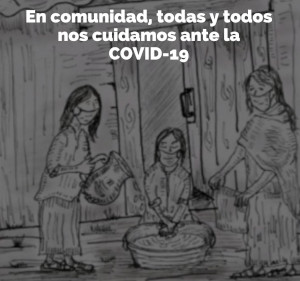
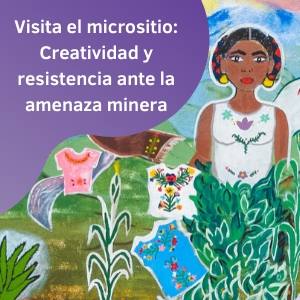
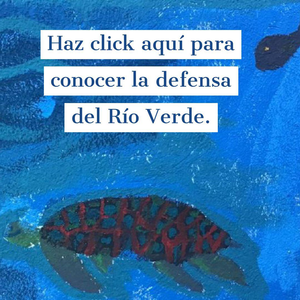
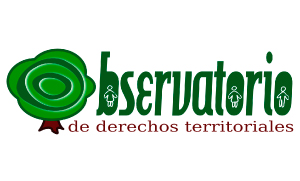
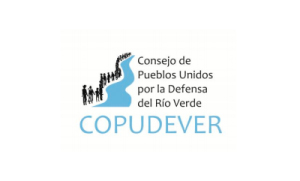
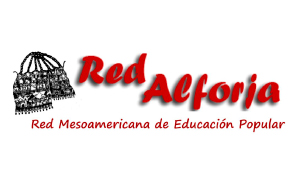
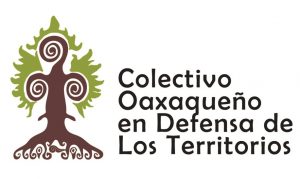
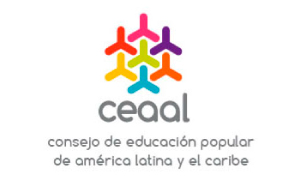

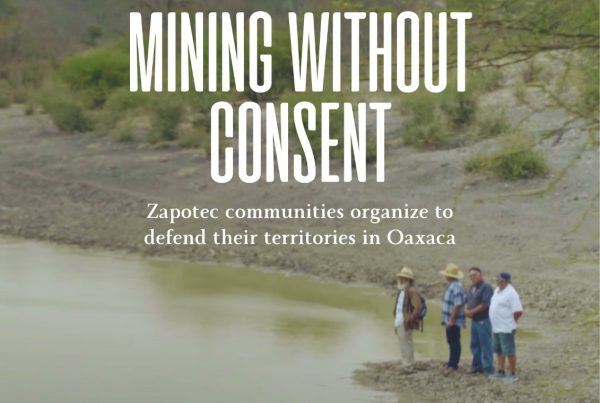
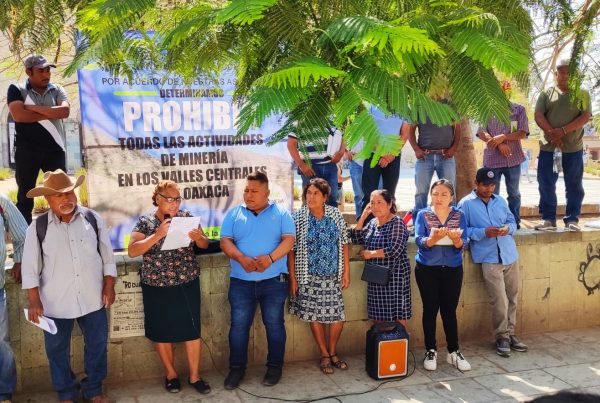



One Comment